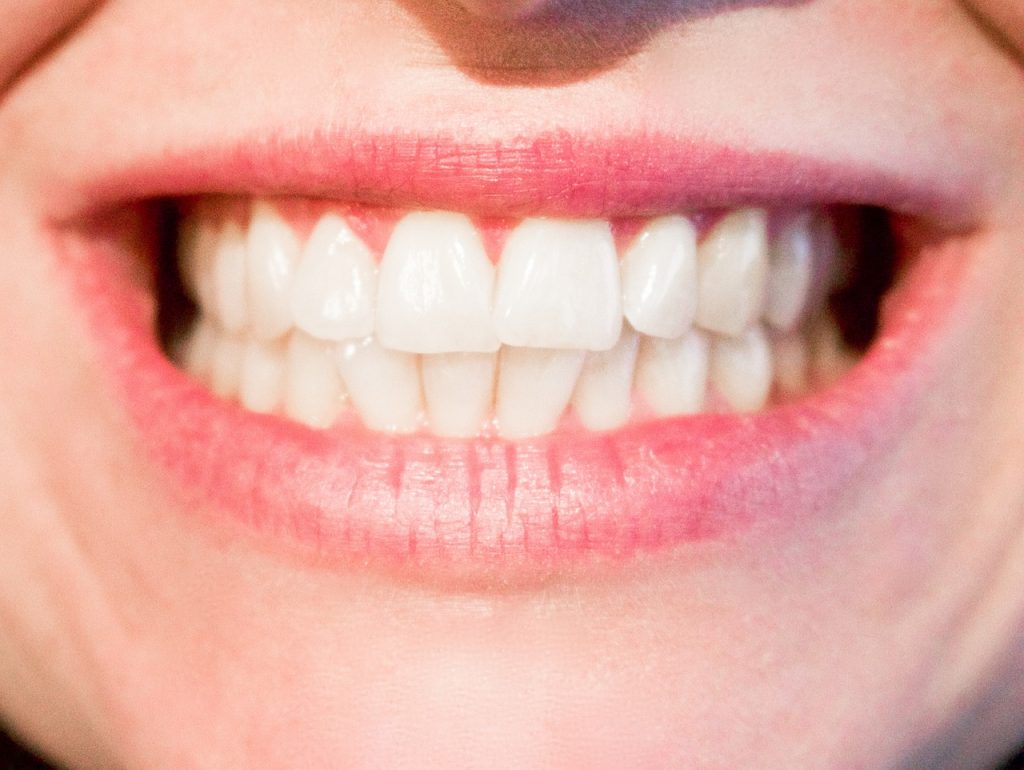Brushing your teeth does more than give you fresh smelling breath, sparkling white teeth, and the confidence to talk to anyone that crosses your path. In fact, brushing those pearly whites can ensure you never experience any type of periodontal disease.
Bleeding gums are the first sign of periodontal disease and is often termed gingivitis. And if left untreated, the infection that is irritating your gums and causing them to bleed can quickly become something very worse.
Worse yet, bleeding gums are not the only sign you are developing gum disease.
If you want to keep your teeth and gums healthy, keep reading to find out other surefire signs you are developing gum disease and ways to treat it.
1. Red and Swollen Gums
Gum disease typically starts with an inflammation of the tissue along your gum line. In fact, this irritation is what then causes your gums to bleed while brushing.
If you notice tender, swollen, or red gums throughout your mouth, you may be experiencing the first signs of gum disease.
2. Shrinking Gums
This may seem silly, but if you think your teeth may be getting longer, you need to see your dentist right away.
Gum disease breaks down gum tissue when left untreated. This then causes your gums to pull away from your teeth, creating what dentists refer to as a pocket.
The bigger the pocket, the worse your gum disease is. This is because bigger pockets signify more gum recession and harbor bacteria that lead to infections.
3. Sensitive Teeth
Receding gums often come with sensitive teeth. If you notice that your teeth are more sensitive than normal, and you know you don’t have any existing cavities, chances are you have gum disease.
When your gums shrink due to gum disease, the sensitive portion of your tooth, called the dentin, becomes exposed. This exposure makes your teeth intolerant to cold drinks and air.
4. Bad Breath
Bad breath can signify many oral health issues, gum disease included. Bacteria in the mouth feed off plaque that isn’t removed during the brushing process. These bacteria then emit their toxins, and they smell, thus the bad breath.
If you regularly floss, brush, and even rinse your mouth, and still notice you have bad breath, you may want to come to terms with the fact you might have gum disease.
What Can Be Done?
There are many things you can do to prevent and treat gum disease, no matter how progressed it is.
To start, you can invest in one of best electric toothbrush on the market today and prevent gum disease from ever forming. This consistent brushing of not only your teeth, but your gum line as well, will keep your gums vibrant and healthy, prevent their breakdown, and keep pockets small so harboring harmful bacteria remains a nonissue.
If, however, you find yourself with a mild to serious bout of gum disease that is on the brink of turning into periodontal disease, consider the following treatments:
- Deep cleaning by your dentist to clear the pockets from bacteria and heal the infection
- Scaling to remove all excess plaque accumulated underneath the gum line
- Root planning to smooth out the roots of your teeth so your receding gums can reattach themselves
In the end, preventing gum disease in the first place is always going to be your best bet. However, knowing the signs of gum disease before they appear can also help prevent a mild case from turning into something much more serious, painful, and costly.
